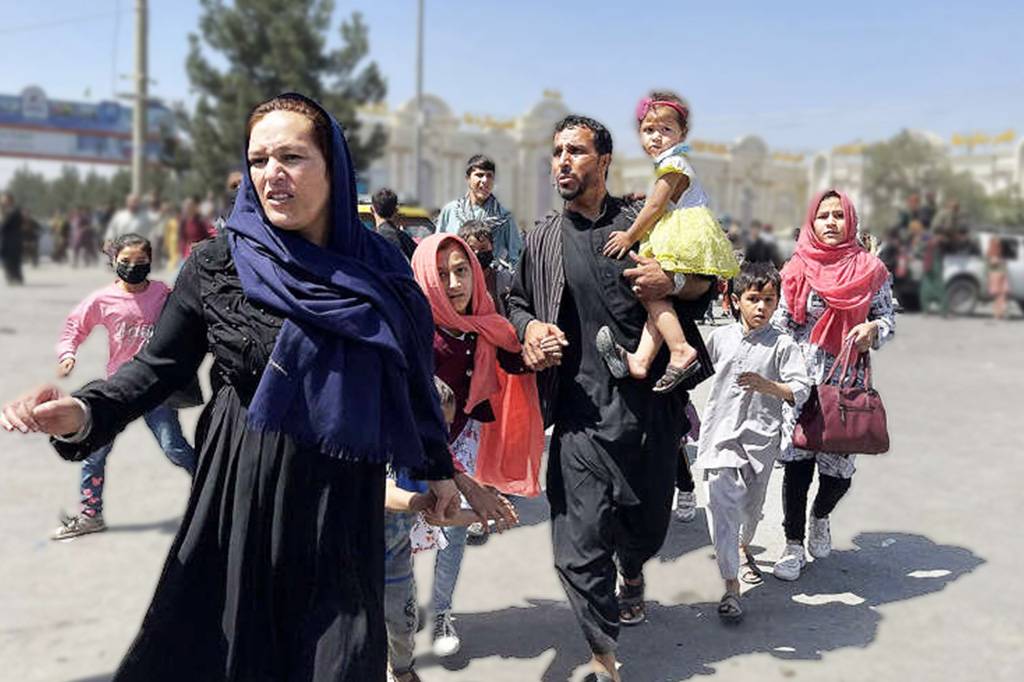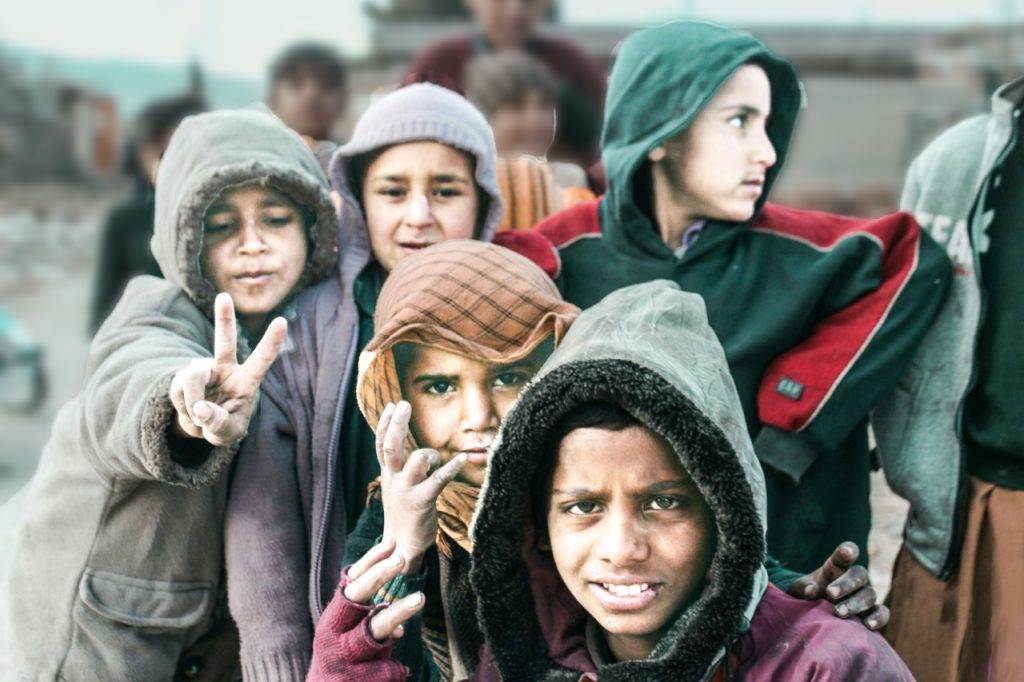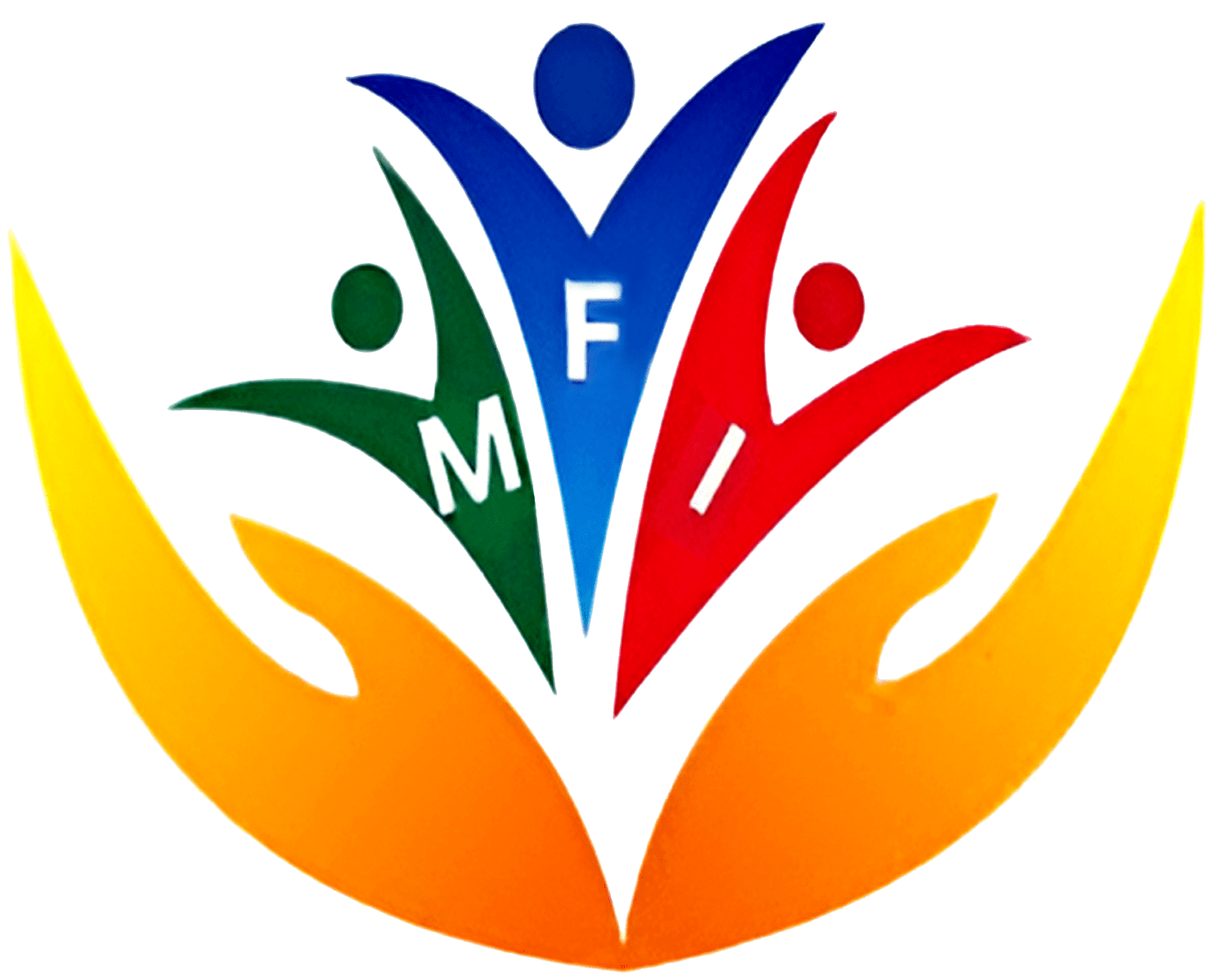We will be good citizens for a better tomorrow for a better world.
Where We Work

Where We Work

USA
New York, Buffalo, Dallas, Texas and San Diego (California)
Mustafiz Foundation Inc (MFI) is committed to strive supporting refugees, asylee, victims of human trafficking, survivors of torture and other immigrants to rebuild their lives. Our promise to work with government bodies, civil society actors and local volunteers to help refugees and immigrants integrate and contribute to our communities.



USA
New York, Buffalo, Dallas, Texas and San Diego (California)
We offers a broad range of programs including, adult education classes, youth programs covering ages 7 to 35, employment assistance, asset building resources, community health response programs, and immigration services. We are here to rebuild the life of vulnerable people so that they can see the light and focus what is important for their lives, their community and for the rest of the world.

Bangladesh
Rohingya Crisis
More than one million Rohingya have fled violence in Myanmar’s Rakhine State to Cox’s Bazar, in Bangladesh. They need food, shelter, healthcare support, protection for Women and Children, particularly vulnerable women are facing human trafficking, they need emergency support to save their lives, resettle them as refugee.
They are struggling to survive with their families and deeply worried for their future and eagerly expecting help and support to secure their lives and family. We are standing with them and will continue our effort until resettle their lives. Please stand with us.


Bangladesh is one of the most densely populated countries in the world. December 16, 1971 marked the end of the Bangladesh Liberation War, a short-lived conflict between India and Pakistan that established the People’s Republic of Bangladesh from the territory of the former province of East Pakistan. The province East Pakistan was created during independence from the British Empire in 1947. At that time, the South Asian subcontinent was partitioned into two countries: India (including lands with a Hindu majority) and Pakistan (lands with a Muslim majority). The people and territory of East Bengal became East Pakistan.
East and West Pakistan were geographically, culturally, and ideologically distant and distinct. An independence movement for East Pakistan grew up based on Bengal ethnic concerns, the right to use the Bengali language, and a desire for local political control and self-rule. Estimates of the death toll vary, stretching from hundreds of thousands to some 3 million. Furthermore, the Pakistani army used rape as a weapon of war. At least 200,000 women were assaulted and some 25,000 children resulted from those attacks. From being one of the poorest nations at birth in 1971. Bangladesh has a strong track record of growth and development, even in times of elevated global uncertainty. A robust demographic dividend, strong ready-made garment (RMG) exports, resilient remittance inflows, and stable macroeconomic conditions have supported rapid economic growth over the past two decades. A strong recovery from the COVID-19 pandemic continued in FY22, although a recent surge in commodity prices has presented new headwinds.
Bangladesh reached lower-middle income status in 2015. It is on track to graduate from the UN’s Least Developed Countries (LDC) list in 2026. Poverty declined from 43.5 percent in 1991 to 14.3 percent in 2016, based on the international poverty line of $1.90 a day (using 2011 Purchasing Power Parity exchange rate). Moreover, human development outcomes improved along many dimensions. Bangladesh, like many other countries, faces global economic challenges. Rising commodity prices and a surge in imports in the second half of FY22 resulted in widening Balance of Payments (BoP) deficit and accelerating inflation. Foreign exchange reserves declined as a result, reaching US$ 38.9 billion by the end of August 2022. Real GDP growth is expected to slow in FY23 as import suppression measures disrupt economic activity.
In recent years Bangladesh has made great strides to achieve poverty reduction, sustainable economic growth, and continued human development. However, the country still faces many challenges. Twenty percent of the population (around 34 million people) still lives below the poverty line. Most of Bangladesh sits just 10 meters above sea level, making the country extremely vulnerable to the climate crisis. Storm surges and flooding caused by extreme weather regularly affect large areas of Bangladesh and coastal areas in particular. In the time of crisis Bangladeshi people need food, drinking water, health services, shelter, financial support for education for the kids and youth to continue their education to build their future and help their community. Mustafiz Foundation Inc (MFI) has been helping to face those challenges and is committed to stand with them so that they can participate and contribute to the local economy and support their family and community.
